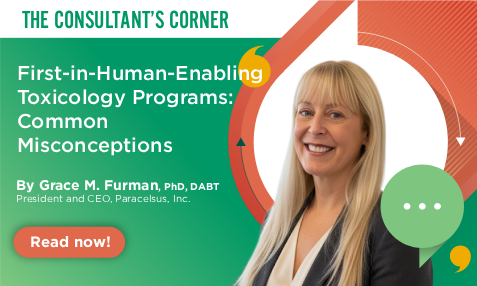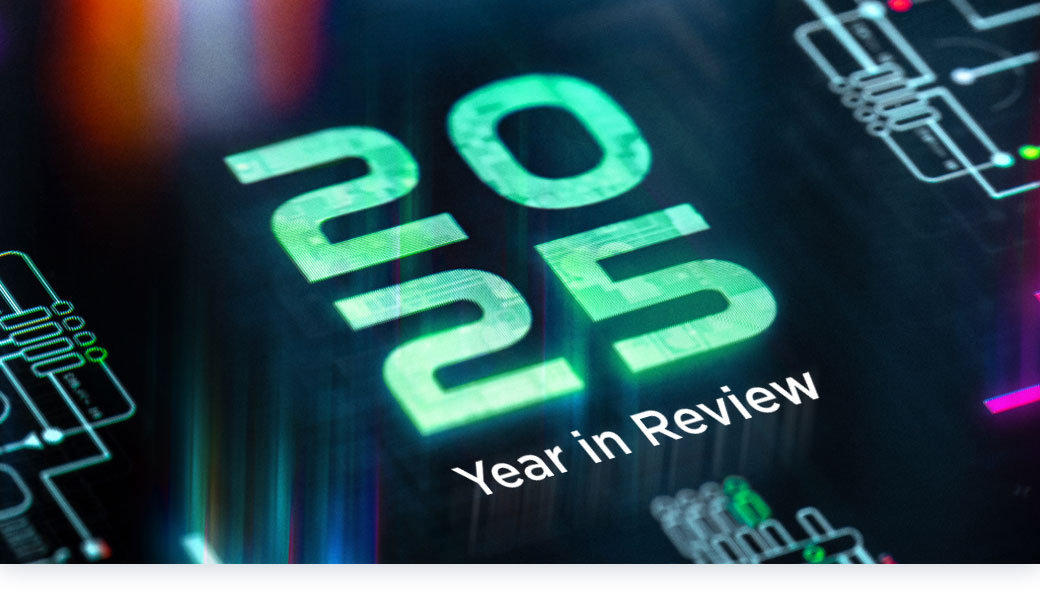Clinical Applications of Hallucinogens, Dissociatives and Other Schedule I Drugs
Following an initial period of study, mainly in the early 20th century, many hallucinogenic drugs had been dismissed as drugs of abuse with no clinical utility. Currently, psychedelics, dissociatives, cannabis, and entactogens are in the most restricted class of drugs (Schedule I in the U.S.), indicating a high potential for abuse, no currently accepted medical use, and a lack of accepted safety for use under medical supervision. However, a growing body of research suggests a range of medical uses for some of these drugs, which may present a challenge to their current legal classification.
Regulatory Approvals
One example is the approval of esketamine1, indicated for use in conjunction with an oral antidepressant for the treatment of treatment-resistant depression in adults. In November 2019, the U.S. Food and Drug Administration (FDA), for the second time that year, designated psilocybin therapy as "breakthrough therapy" for major depressive disorder; it is currently in clinical trials and expected to conclude in 2021.2 In a number of small studies with relatively heterogeneous samples, psychedelics, dissociatives, and entactogens have shown promise in treating a range of psychological disorders, for which available treatments for some patients may be insufficient, such as mood, substance use, and anxiety disorders. Given the nature and scope of these trials, the generalizability of their findings is limited, but they have established the feasibility and safety of treatment models, and set the stage for larger, more diverse, randomized, controlled studies.
Cannabis and Cannabinoids
Cannabis and cannabinoids are also increasingly being approved for both medicinal and recreational use. They have shown therapeutic value in a number of areas, such as chronic pain, spasticity in multiple sclerosis, and chemotherapy induced nausea. Other conditions such as cancer, epilepsy, sleep disorders, and PTSD are being studied as possible targets for cannabis-based treatments. Tetrahydrocannabinol (THC) has been recognized as a single ingredient in dronabinol3, which is approved for use in the U.S. under Schedules II and III. GW Pharmaceuticals recently received approval for cannabidiol (unscheduled status) for treatment of rare epileptic conditions and, in the U.S., for seizures associated with tuberous sclerosis complex.4,5 The growth of the medical cannabis movement demonstrates that citizens and lawmakers alike are successfully reconsidering the therapeutic potentials of drugs that were once thought to have no medicinal use.
Clinical Evaluation
It is not uncommon to see polarized reports of either miraculous healing qualities of certain compounds, or reports of physical and psychological damages that can result from their use. In reality, the complete picture is more nuanced, and warrants further clinical study. Although there is potential that these remedies may exert therapeutic effects, caution should always be exercised regarding their safety profiles and abuse potential properties.
Clinical evaluation of substances such as hallucinogens requires special attention to safety and risk management. Unlike other classes of CNS-active drugs (e.g., opioids, sedative/hypnotics, stimulants), the primary safety concerns with hallucinogens are largely psychological rather than physiological in nature. In some cases, it may be beneficial to recruit subjects that are experienced with hallucinogenic substances in trials that may examine escalating doses; Altasciences’ study participant database includes almost 20,000 experienced recreational drug users in the U.S. and Canada. Management of psychotropic effects is essential, and ensuring staff is experienced and can manage negative adverse effects, such as psychosis, is critical.
Our Experience with schedule I drugs
Altasciences has conducted many studies involving Schedule I drugs, with a number of publications in the field of ketamine, cannabis, cannabinoids and other dissociative drugs. Our pharmacies and clinics have the necessary Schedule I licenses, and advanced security measures in place to ensure the safety of staff and participants. Our clinical teams have access to PET scanners, and are accustomed to routine evaluation of drug effect questionnaires and cognitive assessments. Our industry-recognized PIs and clinical experts are conversant in the rules and regulations concerning Schedule I drugs, and can provide invaluable guidance and assistance with the completion of required applications, audits, etc., in both the preclinical and clinical spaces.
We understand that when designing clinical research with hallucinogens, it is important to give careful consideration to set and setting, as well as therapeutic rapport with treatment providers, as these will undeniably affect outcomes and participant experience. We have the expertise to deliver on the specific requirements of these highly specialized studies.
If you are considering investigations in this area of drug development research, contact us today.
Resource Library
Case Study – Safety and Tolerability Study on the World’s First Cannabis Extract Being Developed as a Drug for Regulatory Submission
Podcast – Requirements for Preclinical Testing of Cannibinoid Drug Products
Podcast – Cannabis and Clinical Trials Overview
Webinar – Navigating the Highs and Lows of Cannabis Clinical Trials
References
- Press Release, FDA Approves Esketamine for Treatment-Resistant Depression. https://www.fda.gov/news-events/press-announcements/fda-approves-new-nasal-spray-medication-treatment-resistant-depression-available-only-certified accessed Nov. 25, 2020.
- FDA Calls Psychedelic Psilocybin a 'Breakthrough Therapy' for Severe Depression. https://www.livescience.com/psilocybin-depression-breakthrough-therapy.html accessed Nov. 25, 2020
- Dronabinol Prescribing Information. https://www.accessdata.fda.gov/drugsatfda_docs/label/2017/018651s029lbl.pdf accessed Nov. 25, 2020
- GW Pharmaceuticals announces that EPIDYOLEX® (cannabidiol) has been reclassified by the UK Home Office as a Schedule 5 drug. https://www.globenewswire.com/news-release/2020/06/23/2052381/0/en/GW-Pharmaceuticals-announces-that-EPIDYOLEX-cannabidiol-has-been-reclassified-by-the-UK-Home-Office-as-a-Schedule-5-drug.html accessed Nov. 25, 2020.
- Cannabidiol Wins FDA Review for Tuberous Sclerosis Complex. https://www.neurologylive.com/view/cannabidiol-wins-fda-review-for-tuberous-sclerosis-complex accessed Nov. 25, 2020.



